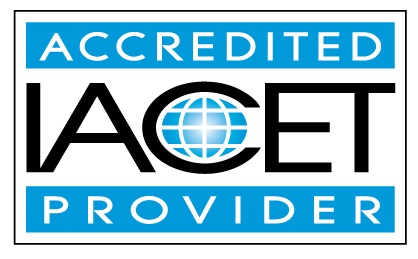Description
This course will focus on those wheelchair supports which many in the wheelchair fields do not put much thought into, but which can be extremely important to a client’s positioning, comfort and functionality. We will discuss head, trunk, pelvic, foot, arm and other supports and their implications based on how they are used and mounted, as well as how they are tolerated and durability over time. We will also discuss some unique and creative ways to manage wheelchair support.
Learning Outcomes:
Participant will identify 3 types positioning supports and the implications of each.
Participant will recognize how the angle of pull and/or attachment location can drastically affect use of the support for 3 supports.
Participant will compare 3 premade versus uniquely created supports for positioning, comfort and functionality.
Amber Ward has been a treating occupational therapist for 23 years; 10 years in inpatient rehabilitation, and 13 years as full time Occupational Therapy Coordinator with persons with ALS and muscular dystrophies. She has treated a wide variety of patients, of all ages and functional levels. She currently is an adjunct professor at the OTA program at Cabarrus College of Health Sciences in addition to working in the clinic. She received the RESNA Assistive Technology Professional certification in 2004, the Seating and Wheeled Mobility certification in 2014, and became AOTA board certified in physical rehabilitation in 2010. She runs the seating clinic at the Neurosciences Institute Neurology in Charlotte, NC. She is involved with multiple research projects, and is the author of 2 peer-reviewed journal articles about power wheelchairs with persons with ALS.


